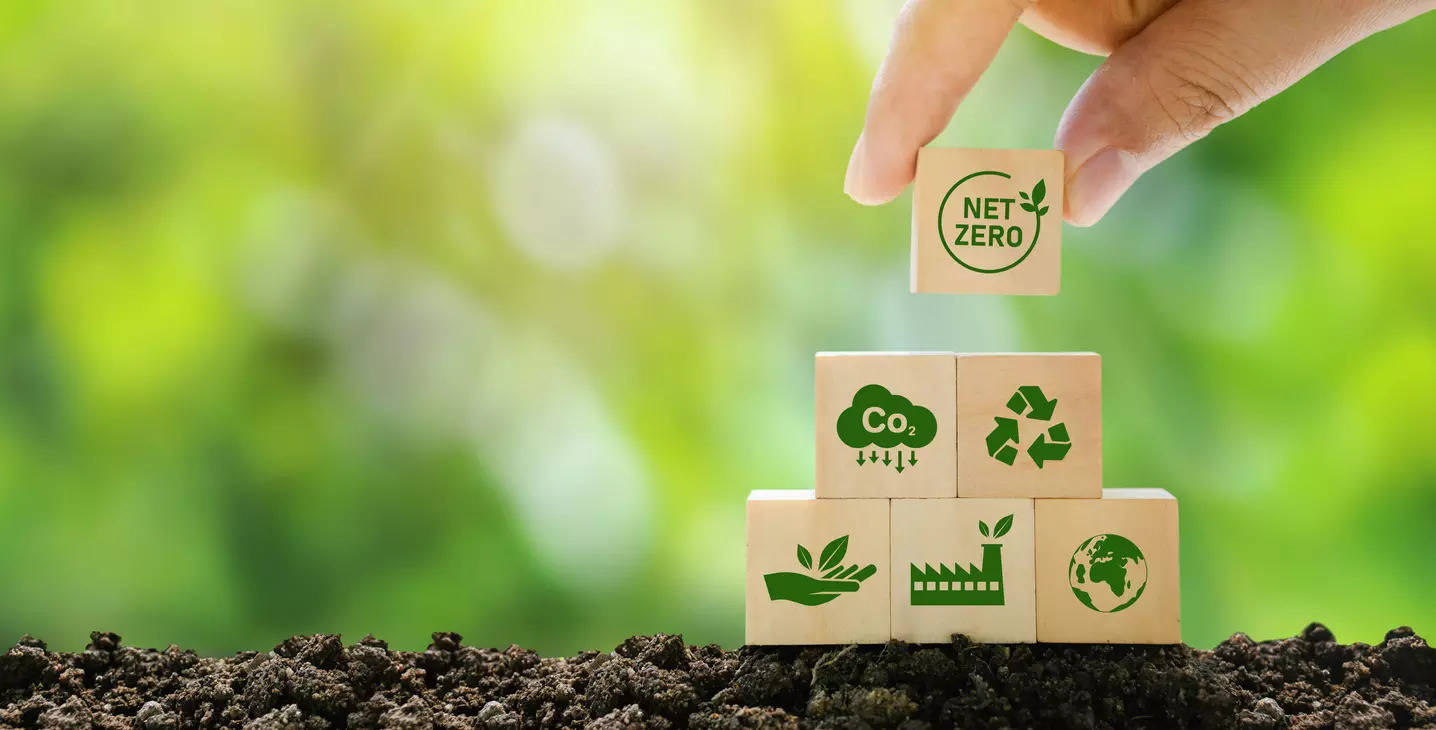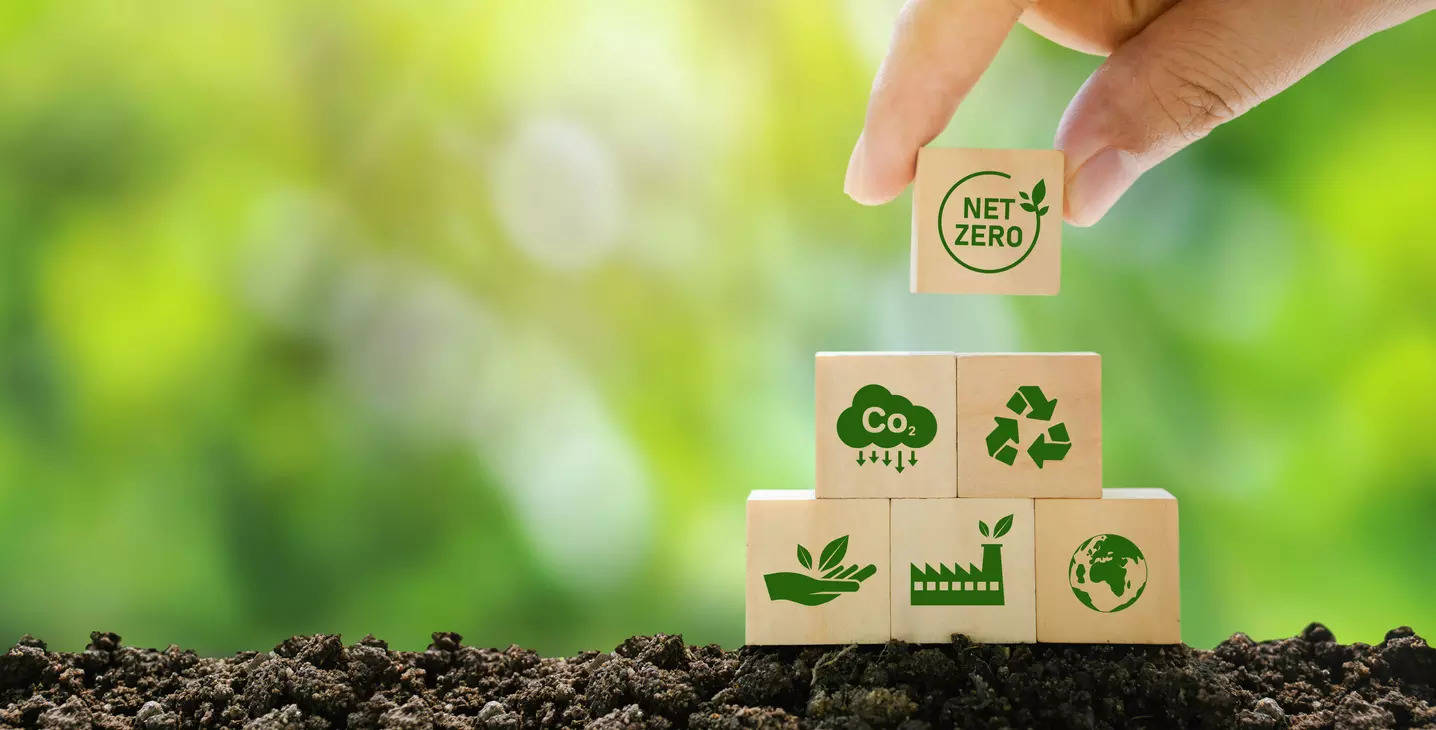
In a world trying to cope up with the pressing requirement for environmental management, India is prioritizing a greener future by placing utmost trust in alternative energy. Under Prime Minister Modi’s Leadership, India has set up a goal for itself to achieve net zero emissions by 2070. This depicts that this is an ambitious vision, not merely visionary, but backed by actual commitments.
At the heart of India’s financial system lies its aviation industry, which plays a pivotal role in connecting people, facilitating trade, and driving economic growth. However, conventional aviation fuels contribute to carbon emissions and environmental degradation which is about 2% of the total carbon emissions globally.
As per the estimated growth projections of the aviation sector ,it will contribute to about 15-25 % of the world’s C02 emissions. Acknowledging this fact, the aviation industry must speed up its innovation and utilize sustainable practices to minimize its impact on the environment.
Unlike other countries like the United States and the European Union, India does not have policies governing sustainable aviation fuel yet. To reduce emissions and move towards cleaner skies, India aims to mandate the use of 1% sustainable aviation fuel (SAF) for domestic flights by 2025, according to the our minister of petroleum and natural gas. Using Sustainable Aviation Fuel (SAF) is a great first step towards a more environment friendly aviation sector in India. SAF provides a sustainable, environmental-friendly substitute for petroleum-based fossil jet fuels. If India adopts SAF, it will be possible for the country to significantly decrease its carbon footprint and help establish a more sustainable aviation ecosystem. This rule marks a historic turning point in India’s journey toward environmentally responsible aviation operations, strengthens the country’s commitment to environmental management.
India’s sheer size and its huge scope for growth means that its energy demand is set to grow by more compared to the other countries. The Prime Minister’s ambitious targets for 2030 include installing 500 gigawatts of renewable energy capacity, reducing the emissions intensity of the economy by 45%, and reducing a billion tonnes of CO2 is applaudable.
India’s transition away from the reliance on fossil fuels is requires more efforts than we currently anticipate, However, we must make bold commitments to net-zero transition and take a step towards climate action. Additionally, the Indian National Policy of Biofuels strongly advocates for the use of feedstocks that do not compete with food production, emphasizing the need to address land use considerations. By promoting the Sustainable Aviation Fuel (SAF) industry, the policy not only aims to mitigate emissions in aviation but also addresses the problem of air pollution caused by crop burning. This strategic approach is expected to generate a multitude of green jobs, enhance farmers’ incomes, and contribute to effective waste management solutions. Turning waste into fuel is critical to fighting climate change.
India’s quest for a green future calls for a renewed focus on sustainable energy for aviation. By adopting this Sustainable Aviation Fuel, India can not only eliminate its environmental impact but also lead the global transition towards cleaner skies and a more sustainable future for the coming generations. With its ability to significantly diminish carbon emissions and promote a sustainable aviation ecosystem, the SAF represents an important component of India’s green energy strategy. As the government continues to prioritize conservation and innovation, the implementation of SAF will have a significant impact on the future of aviation in India and beyond.


